Regarding fleas and their pets, pet parents may seek chemical-free or non-pharmaceutical solutions, which is not surprising given the growing interest in cleaning products that are considered "natural" or "non-toxic." After all, our pets may be harmed by certain cleaning supplies. Numerous websites offer information on "natural" methods of removing fleas from your house and pets, but we should always exercise caution when selecting any product to put on or near our pets.
Prevention is the greatest defence against fleas. Preventing these pests from entering your house is far simpler than eliminating them after they're there.
Other Topics You Might Like
Helpful Products You Might Like
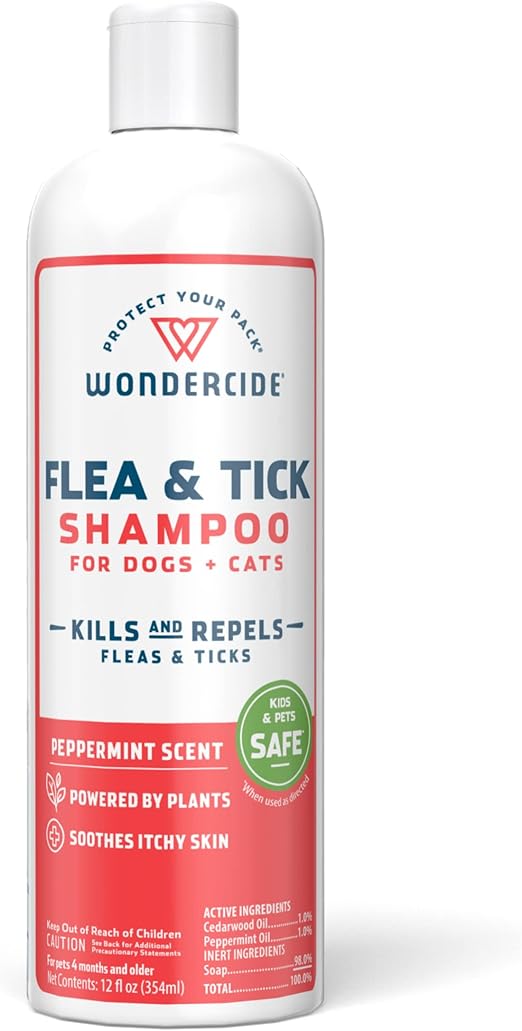
Wondercide - Flea & Tick Killer Treatment Shampoo
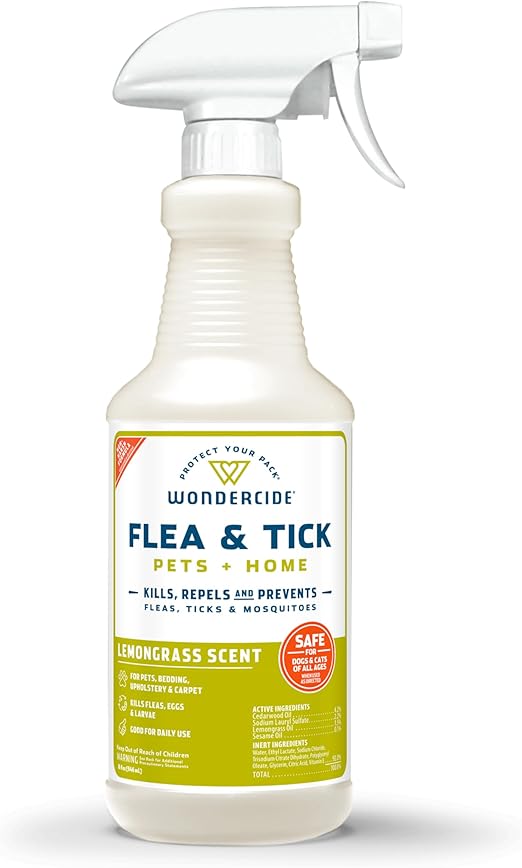
Wondercide Natural Flea Tick & Mosquito Spray for Pets
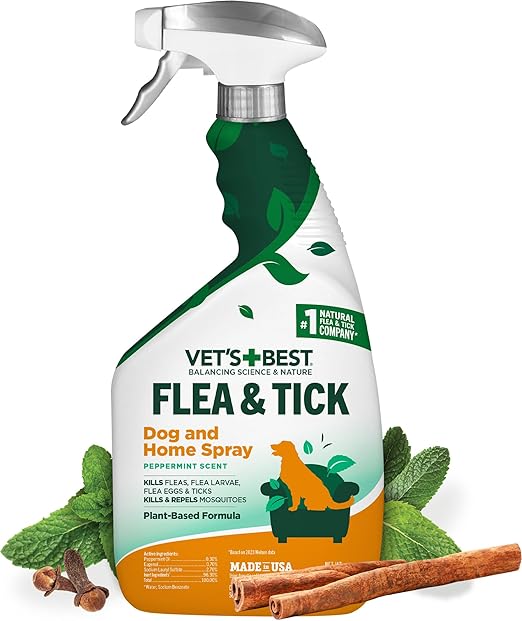
Vet's Best Flea & Tick Peppermint Oil Pest Control Home Spray
"(Paid Links)" 
Apple Cider Vinegar
Apple cider vinegar has many advantages that extend beyond human health. Because fleas don't enjoy its strong taste and scent, it's supposed to keep them away. According to the nonprofit veterinary group Anicira, this approach won't eradicate fleas, but spritzing a solution made of water and apple-cider vinegar could help.
About 5% of apple cider vinegar contains the antibacterial acetic acid. Itching can be relieved by spritzing it on your pet's coat or running a damp comb through it. Given that dog food is known to be acidic and apple cider vinegar is alkaline, it may also help balance a dog's pH when administered orally. Before using apple-cider vinegar on your pet, consult your veterinarian.
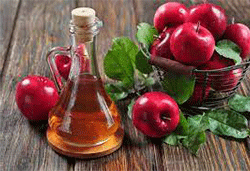
Baking Soda
A common natural flea treatment is baking soda. According to a study, it isn't poisonous to flea larvae, though. Nevertheless, you can add baking soda to a pet's usual shampoo during a bath or combine it with water to create a paste. It is safe to use on a pet's coat and works wonders for eliminating odors.
Ancyra suggests combining baking soda and water and placing it in a dish away from light, out of your pet's reach, to avoid fleas. Fleas are drawn to light and jump into the dish to drown.
Brewer's Yeast
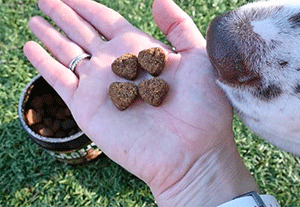
Brewer's-yeast is a fungus used in beer production. As a dietary supplement, it boosts vitality and supports healthy skin, hair, and eyes.By strengthening the immune system, brewer's yeast can help protect your pet against fleas and other parasites. Studies, however, question whether it is effective at directly killing or repelling fleas.
You can give your Pets brewer's yeast orally. Consult your veterinarian about your pet's dosage.
Rosemary Flea Dip
Flea dips made using chemicals can be extremely harsh. At home, you may prepare a less harsh version by adding fresh rosemary to the water. Rosemary is a tried-and-true repellant for fleas, spiders, and cockroaches.
To create a homemade flea dip.
Lemon Spray Repellent
Another natural flea repellant is a spray made from fresh lemons. The citrus's aroma appears to repel fleas, even though it hasn't been shown to kill them.
To begin, cut a lemon in quarters and immerse it in boiling water for 10 minutes or more. After that, let the mixture soak for the entire night. For extra precaution, you can even include rosemary leaves in the combination. The next day, sift the lemon pieces out of the liquid before pouring the mixture into a spray bottle. Be careful not to get any of the lemon water in your pet's eyes. Try to apply the spray to the areas where fleas are known to be present, such as the neck, behind the ears, and around the base of the tail.
If your pet can't stand spray, you can apply the juice from a freshly squeezed orange or lemon to its fur. Citrus essential oil can be harmful to pets, so be sure to use fresh citrus instead.
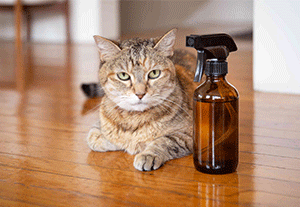
Neem Oil
The source of this natural insect repellant is a tree that is indigenous to Burma, Sri Lanka, and India. Although there is little evidence that it deters ticks, it is frequently used to fight off biting insects like fleas and mosquitoes. In fact, some pet shampoos contain neem oil, which is safe to use on dogs.If neem oil isn't in your dog's shampoo, dilute it with dish soap or add a few drops to make your own flea-repellent.
